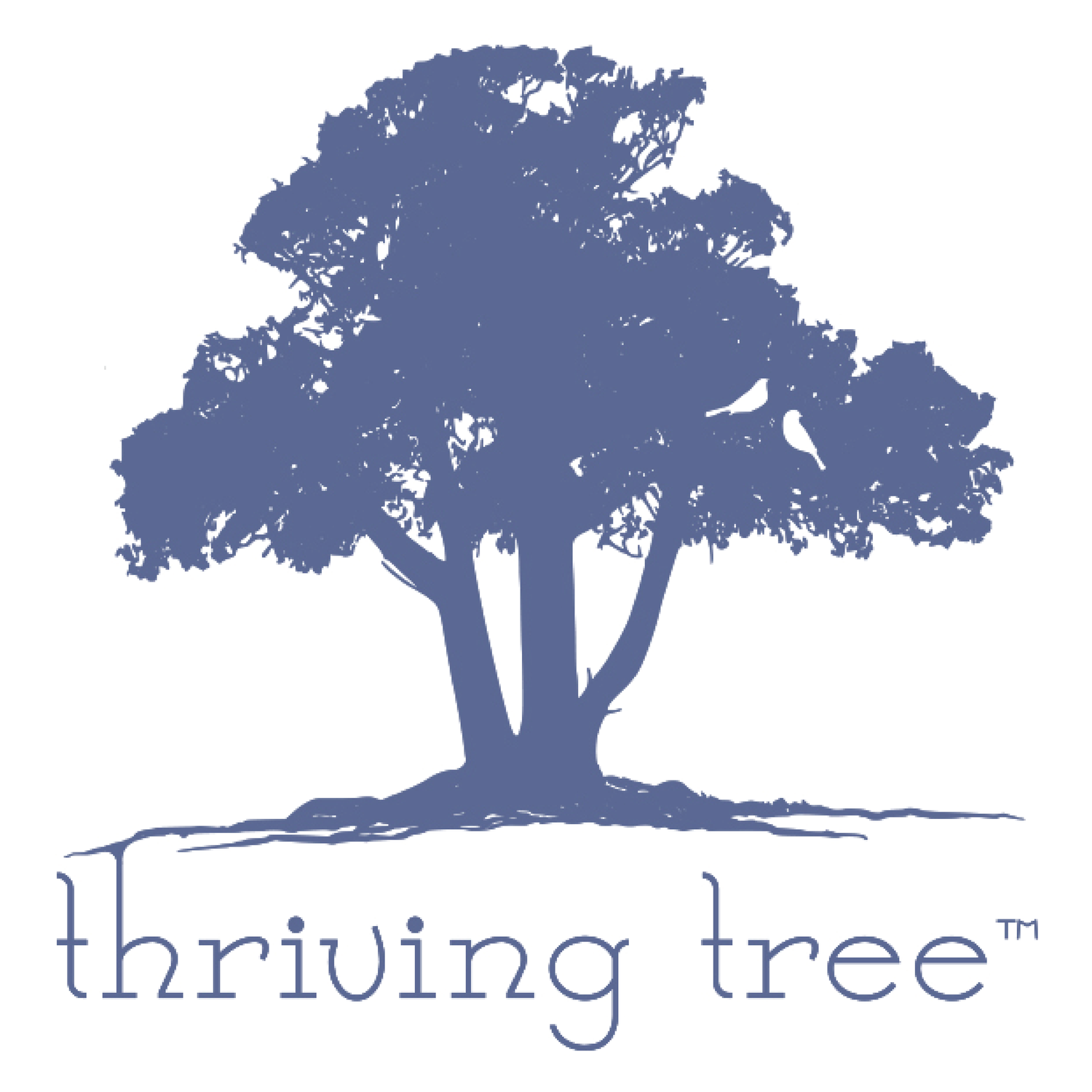why no words
Growing up, we had a gimongous garden. It was orderly, arranged by food type with multicolored marigolds at the head of each row. We also had large flowering bushes that rained white petals and the obligatory suburban impatiens. There were irises and grape hyacinth in the spring and free-roaming alyssum and hens-n-chicks in the summer. My mother tended it all without chemicals. Her only defenses were her hands and the marigolds. She loved her garden, and I loved her garden, exploring it with a detective’s curiosity and melting into its peaceful busyness.
I now have my own garden. Although my thumb isn’t as green as my mother’s nor the plot as large, my yard teems with hardy life. Over the years, I even allowed myself to wonder if it could be garden-tour worthy.
Then, my mother passed last year just before the growing season started. I haven’t worked in the yard since. I can’t.
My mom used to say that gardening is just putting a plant in the right kind of light, giving it a bit of water, and letting nature take care of the rest. I’ve discovered it’s true. Without my intervention, the garden has grown. And, without my tending, the garden has grown into a jungle. I’m almost not exaggerating.
This state of affairs is overwhelming, sad, and mixed up with grief. As I chatted with a gardening friend the other day, I sheepishly showed her behind the fence. She surveyed the abundance of life in my backyard, asking, “What would it be like for you to come home someday and have the weeds cleared?”
I froze. My eyes welled up. My throat caught. A tidal wave of sensations rushed forward so quickly that I couldn’t identify the emotions beyond them. For as much as I’ve processed my mom’s passing, suddenly, one more time, I had no voice. I had no words.
. . .
A participant recently asked, “Why is it so hard to communicate in words the impact and healing process trauma has done to someone?”
Throughout history, humans have told stories to teach lessons, pass along history, and entertain each other. We’re storytellers, so when words elude us, especially words to tell our story, it can be distressing.
Traumatic experiences aren’t cognitive processes like talking and thinking but are overwhelming bodily experiences that involve doing. In the midst of an event, our bodies, including our brains, flood with sensation, emotion, and threat. To protect ourselves, we may try to change our situation by fighting back with our hands (fight), running away with our legs (flight), or staying still (freeze). In the moment or during a flashback (recall of a traumatic experience as though it’s happening in the present moment), parts of our brains also deactivate. Broca’s Area, located in the left frontal lobe, is one of these areas. In a study conducted by Bessel van der Kolk and Rita Fisler*, researchers found that Broca’s Area literally goes dark on fMRI scans when participants recall their trauma.
Why is this important?
Broca’s is the area of our brains where we translate thoughts and experiences into words. When Broca’s Area is offline, effective verbal communication will become difficult. Our sentences will be less complex and less descriptive.
Several years ago we had an elderly family friend who experienced their third major stroke. It was a miracle that they survived, recovered, and continued to live alone. One difficulty that persisted was their inability to form sentences. There were thoughts and ideas to communicate. At one point, while trying to tell me a story, they said to me, “I know what the story is, but I can’t think of the words or make them come out.” This is a deactivated Broca’s Area. The experience was there. The words were not. It can be frustrating.
In our friend’s situation, Broca’s Area was damaged by a stroke. There was a physical injury that caused the difficulty in speech, and culturally, we’re ok with this. When it comes to difficulty in talking about traumatic experiences, though, we’re not as ok with it. There’s a cultural assumption that we should be able to tell someone what happened to us and how it felt or feels. Decreased verbal communication is not oppositional, defiant, rude or stubborn. It’s not that we don’t want to help ourselves or get better. It’s not that we’re trying to get back at someone by not speaking. We can’t communicate effectively because Broca’s Area has gone offline! Even in calmer moments when the trauma memories aren’t activated, language may not adequately convey the depth and breadth of sensation and emotion.
If we don’t have a bucket, how can we be expected to carry a gallon of water all at once? If Broca’s Area is deactivated (if we have no bucket for language), how can we be expected to adequately express our experiences?
. . .
The other day, trying to answer the question about my garden, I was sensing. I was quiet. Even though there were no words, history has taught me that this will shift. My path through this will be similar to my process through other traumatic experiences. Over time, as the sensations and I settle together, I’ll begin to move. I’ll pull weeds and haul dirt. Down the road, I’ll be able to tell stories about my mom and name my emotions when I have a sensation. While I’ll have words, they’ll never quite describe the intensity of my experience, and that’ll be ok. Having more words than I had before will let me know my brain is back online, and I’m moving forward.
*You can read about this study in chapter 3 of The Body Keeps the Score by Bessel van der Kolk, M.D.

